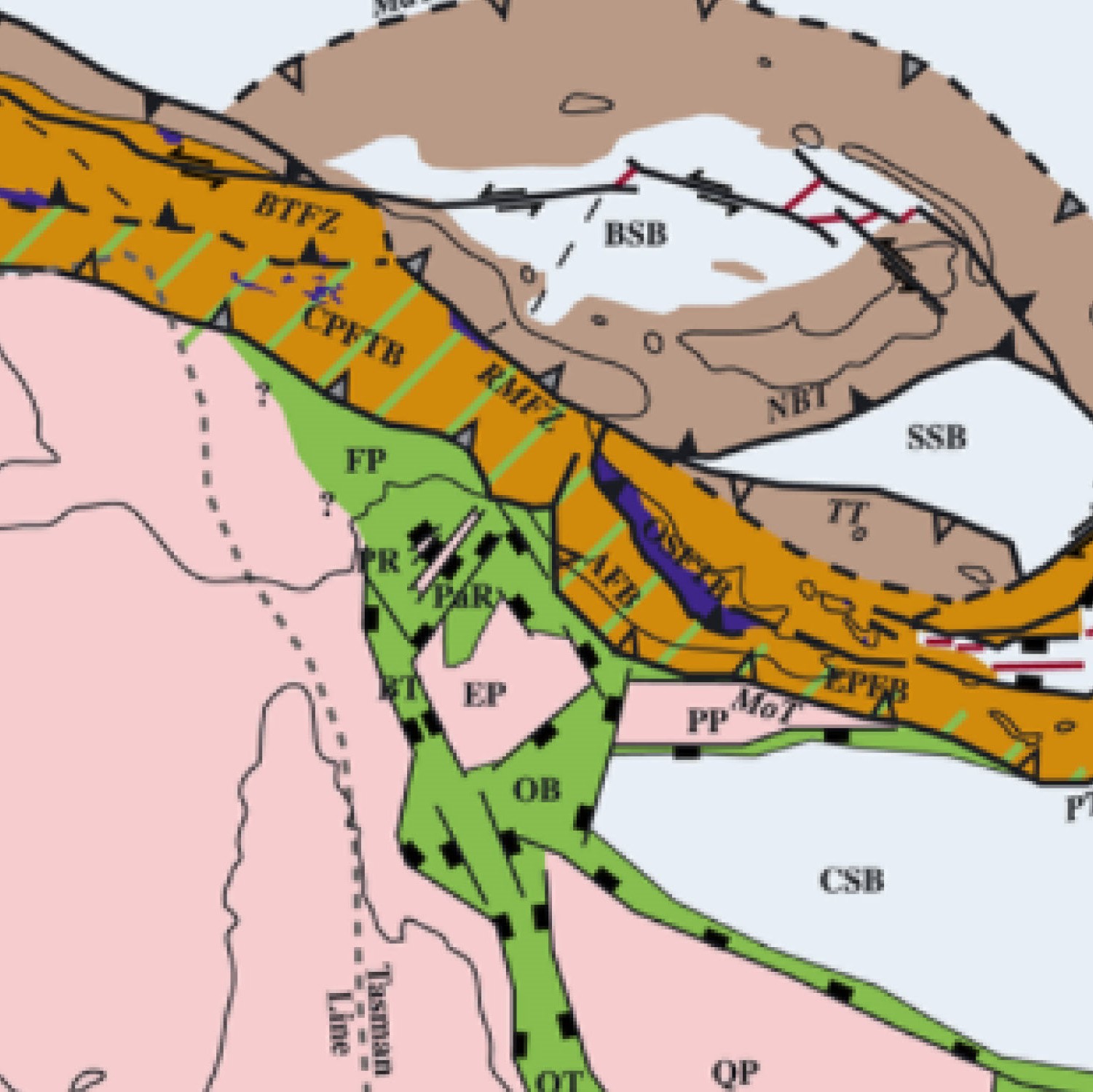Dr. Angelia Seyfferth’s research brings geochemical insight to societally critical problems, mostly focusing on healthy and sustainable rice production systems and salt marsh biogeochemistry and carbon cycling. Her research focuses on how small-scale soil-chemical processes influence contaminant (e.g., arsenic, cadmium, lead) and nutrient (e.g., silicon, phosphorus, iron, sulfur) release or attenuation, which has large-scale impacts on human and environmental health. A variety of cutting-edge approaches are utilized, including the coupling of laboratory experiments (for mechanistic information) and field-based observations to decipher contaminant and nutrient cycling and plant interactions under environmentally relevant conditions. Her work takes a systemic view of both research areas, investigating many potential pitfalls and trade-offs of different solutions. Specifically, her research on rice helped detect and elucidate the challenges of grain metal(loid) uptake — unfortunately, the anaerobic, flooded conditions of rice production allow the migration of arsenic into the grain, where it poses a human health risk. She uses big data to solve big problems in societally relevant metal cycling through the use of state-of the-art synchrotron analysis and data visualization of what is actually happening in the plant-soil interface with regard to contaminant uptake. The collection of rhizosphere chemistry images as well as grain arsenic images using synchrotron techniques has produced chemical "photographs" that can be used to better "see" what is happening.
Dr. Seyfferth’s work not only details the arsenic species present in rice plants and their distribution therein; it also takes a solution-oriented approach by investigating beneficial roles of silicon and irrigation water management in reducing the arsenic concentrations. Given the importance of rice as a food crop, particularly in developing nations and poor communities, the risks are great. Ultimately, she conducts basic research that can be applied to benefit society on a local-to-global scale.
Dr. Seyfferth has an unmatched ability to communicate the research she is so passionate about through her natural affability. She can effortlessly teach to a room full of students, receiving university-wide teaching recognition in the process; she can understandably explain the importance of contamination and responsible farming practices to a layperson; she can motivate and lead groups of natural and social scientists through interdisciplinary projects; she captures the attention of funding programs and government leaders as attested by her hugely successful grant and publication records. On top of her impressive research and academic rigor, she makes time to devote to outreach programs within the community that have made considerable impacts on environmental awareness.— Brandi Kiel Reese
Dauphin Island Sea Lab and University of South Alabama
Mobile, Alabama

Metals and metalloids (hereafter, metal(loid)s) in plant‐based foods are a source of exposure to humans, but not all metal(loid)‐food i...





